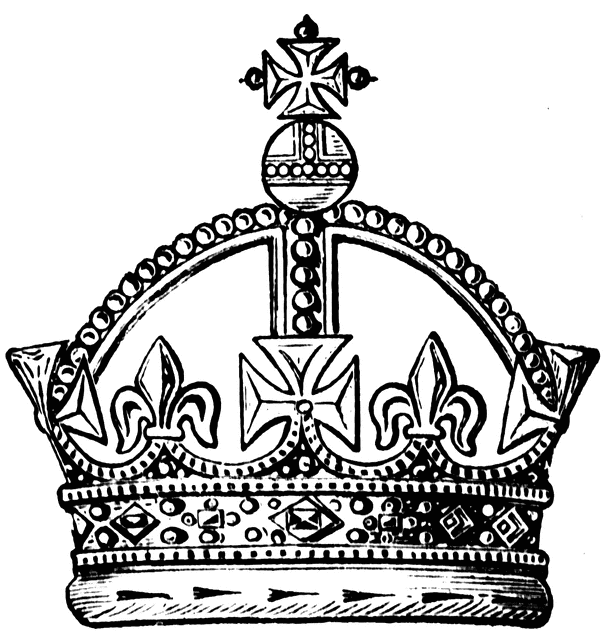If you've completed one Copernican Revolution before breakfast, why not round it off with Breakfast at Milliways?
While we’re at it (as they say over at First Things)…
I have always had my doubts about the Jesuits at the Vatican Observatory. Not their science, mind you, which I am not qualified to judge, but their theology (which, IMHO, I am so qualified—so are most of you, dear Readers, for that matter). They are always trucked out by the media whenever there is some point to score against the silly old folks who believe Intelligent Design (the Holy Father included?) And I often find myself wondering afterwards how these priests can turn from their telescopes to their altars and celebrate Holy Mass. That must require the equivalent of a Copernican Revolution at least once a day!
Well, it seems that I am not alone in my misgivings. Stephen Barr, a member of the editorial board of First Things magazine and an interlocutor with the hardened Intelligent Design enthusiast, Cardinal Schönborn of Vienna, has come out with this:
“On the one hand, Coyne [Fr George Coyne, SJ, director of the Vatican Observatory] says that science is “completely neutral with respect to philosophical or theological implications that may be drawn from its conclusions.” On the other hand, he says, “If we take the results of modern science seriously, then what science tells us of God must be very different from God as seen by the medieval philosophers and theologians.” One cannot have it both ways. What Coyne means by “medieval” conceptions are the doctrines of God’s omniscience and what theology calls God’s “immediate providence” over all events in the universe. These are clearly de fide teachings of the Catholic Church, and someone who has the word Vatican in his job title, even if he has no magisterial authority, should be more careful.”
Ah yes, well that’s just the point, isn’t it? What claim to fame would these priests without a pastorate have if it were not for the fact that they had “Vatican” in their title? Would the media be so interested in Fr Coyne’s ideas if he were director of the plain old “Jesuit Observatory in Texas”?


.JPG)







